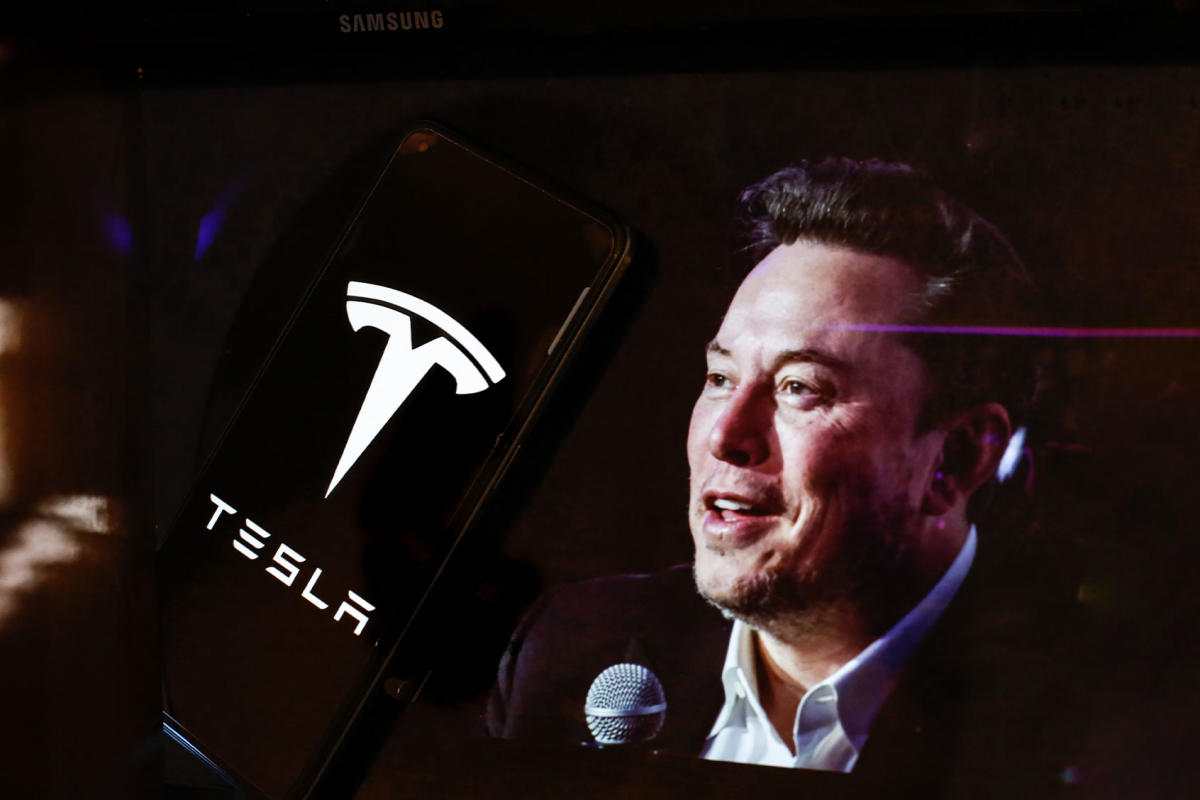
California Assembly Bill 1955 was sitting on Gov. Gavin Newsom’s desk, waiting for his signature, when he got a call from Elon Musk. The bill would prevent schools from requiring parental notification for a child to change their gender identity, and Musk warned Newsom that, if he signed it, it would “force families and companies to leave California to protect their children.”
Newsom signed it into law anyway and, true to Musk’s prophecy, two companies will leave California – his companies, X and SpaceX. This is an increasingly common tactic for Musk and other billionaire CEOs; threaten lawmakers who oppose your preferred policy with consequences – such as moving company headquarters – even when that policy has nothing to do with your company’s mission. And then hope that lawmakers care more about jobs and tax revenue than the democratically preferred legislation. While the threats didn’t work for Musk this time, they are an unfortunately effective tactic. In 2020, Musk threatened to move his Tesla headquarters unless Alameda County rescinded pandemic “lockdowns” and reopened his factories. A few days after that threat, the county submitted to his demand and Tesla reopened. A year later, Musk still moved Tesla’s headquarters to Texas.
There’s something clearly wrong about a single billionaire holding a state hostage like this, and yet we continue to tolerate and even encourage it. Like the filibuster, both parties are willing to keep this tool around in case democracy is not going their way. Liberals have used this tactic extensively to protect LGBT rights in conservative states. In 2016, for instance, Salesforce’s CEO Marc Benioff threatened to disinvest from Georgia and Indiana to kill bills that would have allowed businesses to deny service to LGBT customers, and PayPal canceled plans to build offices in North Carolina to pressure the state to rescind the “bathroom bill,” which it soon did. Now, as conservative states push through increasingly restrictive abortion laws, it will be tempting to again enlist corporations in the fight. But if we’re going to protect fundamental rights without violating democratic norms, we have to understand the line between good corporate citizenship and undemocratic threats.
It’s not always easy to find that line. There is, for instance, nothing wrong with companies informing legislators when a proposed law would make it hard to compete or require them to lay off workers. Those consequences are relevant to evaluating the law, so companies should make sure lawmakers are aware of them. The problem is that companies will always say they’re forced to lay off workers, cancel expansion plans, and so on. But very often these are not consequences of the law— they are just choices that companies are willing to make to influence policy. Meta, for instance, recently pressured California into postponing a bill that would have required social media companies to pay news organizations a fee to link to their content. Meta – a company that made $39 billion in profits last year – told legislators that it couldn’t possibly pay that fee and it would instead be “forced to remove news from Facebook and Instagram.” As Meta well knows, removing news links from social media would have undermined the entire point of the bill, so it was understandably tabled.
This difference – between being forced into consequences and choosing them – is the line between offering democratic reasons and making an undemocratic threat. At its best, democracy is about the exchange of reasons: You tell me how a minimum wage increase is going to require companies to reduce their workforce, and I tell you how the increased wages contribute to workers’ well-being. But if it turns out that you’re not telling me what will happen after the wage increase, but what you’re choosing to do if an increase is passed, then it goes from a reason to a threat.
Reasons are at the heart of democracy; threats are its antithesis. Reasons are exchanged between equal citizens who have no power over each other but the power of persuasion. Threats are only possible when someone has significantly unequal power – enough power to artificially attach stakes to one side and swing a debate. Elsewhere, Vishnu Sridharan and I have called this the difference between offering “natural” and “created” reasons. In a well-functioning democracy, no one should have the power to create reasons because they can turn every social issue into an economic one. Gender ID laws become less about how much we value children’s privacy or parental rights and more about how much we value jobs and tax revenue.
Want a daily wrap-up of all the news and commentary Salon has to offer? Subscribe to our morning newsletter, Crash Course.
Of course, companies will always say that social and economic issues are connected. Musk said that families who disagreed with California’s social policies would have to leave the state, which would make it impossible for him to staff his companies. If that were true, then he wouldn’t be creating an economic reason to oppose a social policy; the social policy would have natural economic consequence and force him to move out. So, how do we tell if Musk would actually have to move or if he’s just using his power to get California to do what he wants? How do we tell if it’s a natural or created reason? There’s no formula, but there’s a simple test we can use. Would Musk have told legislators he had to move out of California if he didn’t personally oppose the gender ID law? In other words, if Musk was a strong advocate for gender choice, would he have reluctantly admitted to lawmakers that his company couldn’t operate under progressive social policies? Probably not.
We should keep this test in mind in the fight against restrictive abortion laws across the country. In states with few legislative allies, it’s tempting to ask or even demand that local CEOs threaten to divest from those states unless the abortion laws are repealed. Some of those CEOs could justly say that they can’t attract employees to a state without reproductive rights. But others will just be the liberal analogs of Elon Musk, where personal views are driving corporate policy. If we enlist those CEOs, we should know that we’re sacrificing democracy for justice.
Some will say that’s okay – that the ends justify the means. Others will worry about unilaterally disarming if the other side continues to benefit from these threats. But we should keep in mind that the most common use of these tactics benefits neither liberals nor conservatives; it benefits corporations.
Amazon bribed states with the promise of a new headquarters in exchange for all the tax concessions it wanted. Apple and Google threatened to cancel investments in any state that tried to regulate their “app stores.” We can’t stop companies from making these threats any more than we can stop Clarence Thomas from boarding another yacht. But we can decide that corporate threats and bribes are not an acceptable part of our democratic process. We can tell activists to stop demanding them, states to stop competing for them, and CEOs to stop bragging about them. Companies will continue using every weapon they have, but we can at least stop inviting them to the fight.
EMEA Tribune is not involved in this news article, it is taken from our partners and or from the News Agencies. Copyright and Credit go to the News Agencies, email news@emeatribune.com Follow our WhatsApp verified Channel





